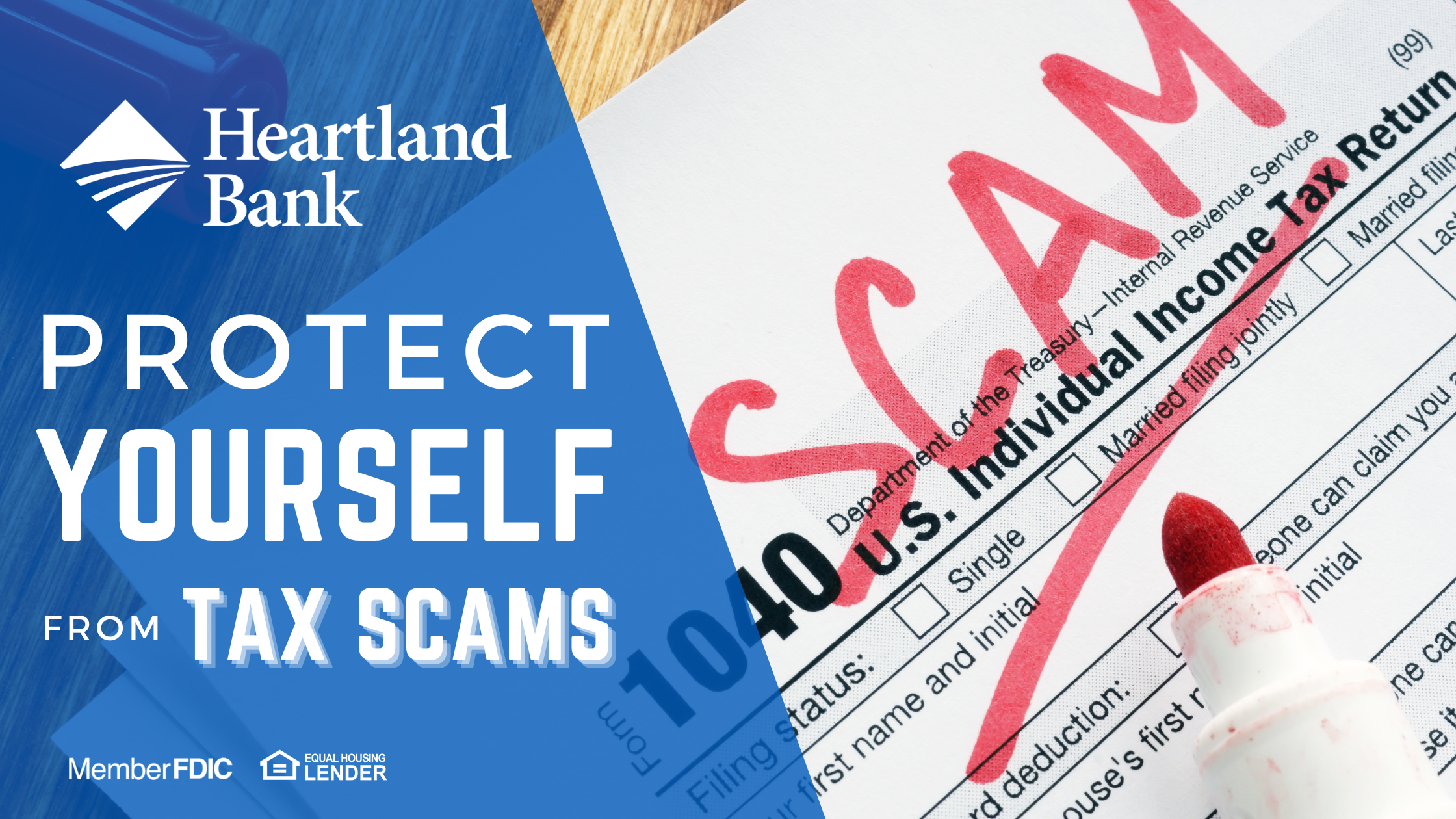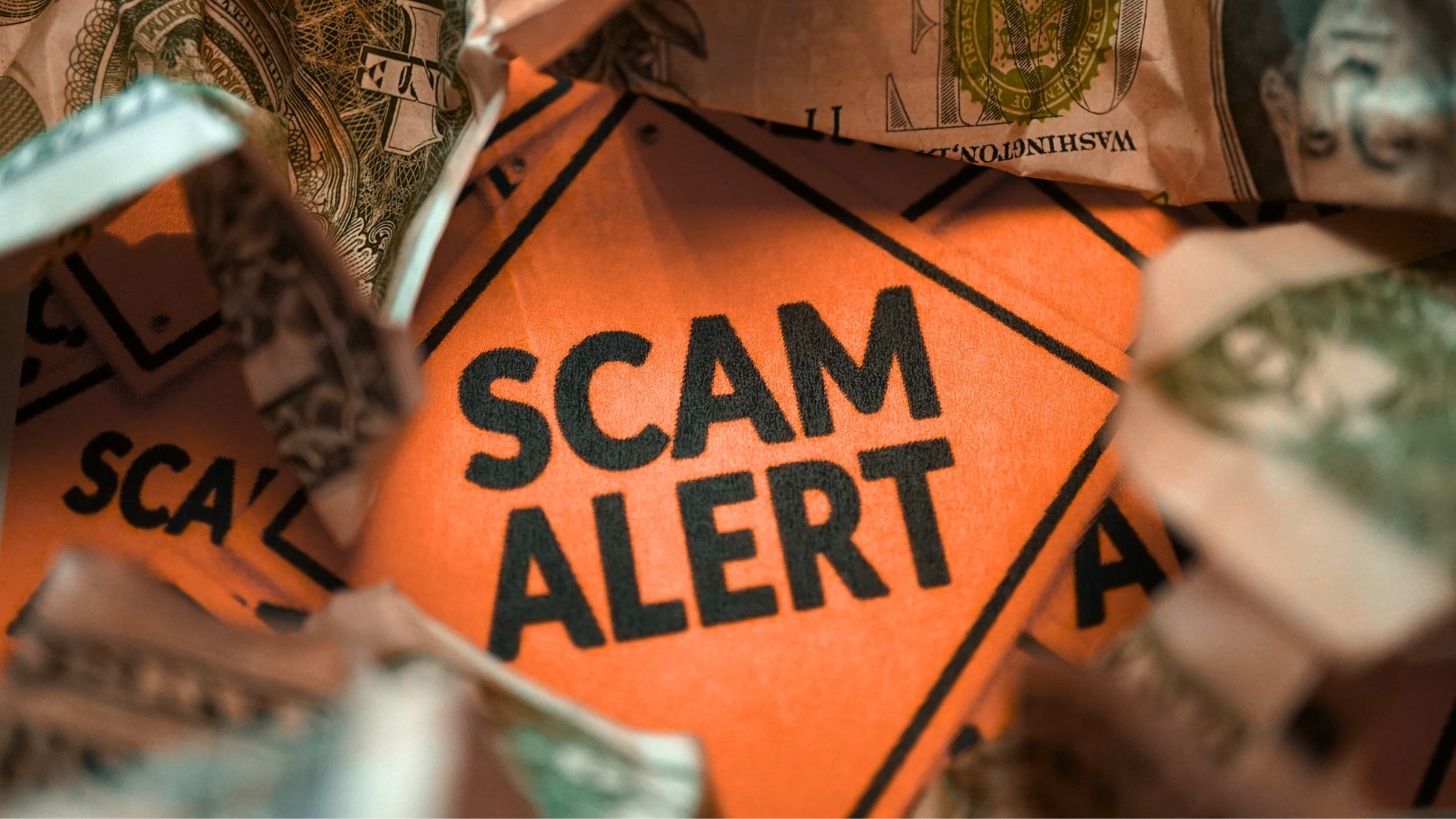 The IRS recommends that taxpayers be aware of the latest scams. Common tax scams include identity theft, phone scams, phishing emails, and refund fraud. In addition, be wary of unsolicited calls, emails, or other communications regarding your taxes. Legitimate tax agencies will never contact you via email, text, or social media.
The IRS recommends that taxpayers be aware of the latest scams. Common tax scams include identity theft, phone scams, phishing emails, and refund fraud. In addition, be wary of unsolicited calls, emails, or other communications regarding your taxes. Legitimate tax agencies will never contact you via email, text, or social media.
Scammers are constantly working on their next scam, and they are especially dangerous during tax season. The IRS has warned taxpayers to hang up if they receive a call from someone claiming to be from the IRS asking for money or personal information. There are many types of new Tax Scams to be on the lookout for, including filing fake tax returns or identity theft. As a result, U.S. consumers lost more than $5.8 billion to fraud in 2021, a 70% increase from the previous year. Here are six tips and tricks to protect yourself from tax fraud and scams:
- Just Hang Up - Scammers claiming to be from the IRS may call or send emails to get personal information. It is important to remember that the IRS does not initiate contact with taxpayers by email, text messages, or social media channels to request personal or financial information. If you receive a suspicious call or email, it is best to hang up or delete the message.
- Use Secure Passwords and Multi-Factor Authentication - Using secure passwords and multi-factor authentication can help protect your personal information from being stolen. It is crucial to use strong passwords that are not easily guessed and to enable two-factor authentication when available.
- File Early - Filing your taxes as soon as possible can help protect you from tax scams. This is because scammers often target those who wait until the last minute to file their taxes.
- Check Your Credit Report - Checking your credit report regularly can help you spot any suspicious activity. If you see any suspicious activity, contact the credit bureau immediately.
- Report Suspicious Activity - If you receive a suspicious call or email, it is essential to report it to the IRS. You can also report any suspicious activity to the Federal Trade Commission.
- Keep Records - Keep a copy of your tax return and any other documents related to your taxes.
The IRS recommends that taxpayers be aware of the latest scams. Common tax scams include identity theft, phone scams, phishing emails, and refund fraud. In addition, be wary of unsolicited calls, emails, or other communications regarding your taxes. Legitimate tax agencies will never contact you via email, text, or social media.
Remember to NEVER provide personal information to anyone who contacts you claiming to be from the IRS or other tax agencies.
Sources:
https://www.irs.gov/newsroom/taxpayers-should-hang-up-if-tax-season-scammers-come-calling
https://www.aarp.org/money/scams-fraud/info-2023/fake-tax-returns-and-identity-theft.html
https://www.cnbc.com/2023/02/02/how-to-protect-yourself-from-tax-fraud-and-scams.html
https://www.forbes.com/advisor/taxes/avoid-tax-scams/
https://www.cnbc.com/2023/02/02/how-to-protect-yourself-from-tax-fraud-and-scams.html
https://www.usa.gov/irs-scams
https://www.irs.gov/newsroom/tax-scams-consumer-alerts

Cindy is a Senior Vice President / Operations Director for Heartland Bank. She graduated with a Bachelor of Science in Computer Science from the University of Nebraska-Lincoln. Outside of the bank, Cindy enjoys spending time with her family and going to garage sales and flea markets.

-Jan-13-2026-02-05-51-5375-PM.png)
-4.png)
-4.png)
-4.jpg)

-1.png)
.png)


-3.jpg)
.png)
.png)
